There are certain people with whom I feel a sense of belonging. My friend Livia is one such person. Her company eases my heartaches and exhaustions. However, strangers can intrude on our sense of safety, usually by challenging our human rights.
In early September, Livia told me the Milwaukee Police Department wanted to solve the problem of where we belonged. We didn’t fit their system, and I felt dangerously out of place. It felt like a continuation of something that began long ago.
When I was a child, I knew I would be a man: all the embodiments in which I recognized myself were those of men. I would be like the men in my day-to-day life and the men I saw in movies: flexed muscles, rugged clothes, and beards shaved with straight razors.
I remember watching my father and telling him I would never have to shave like him. I remember his indulgent smile fading when I explained it was because I’d shave the way Clint Eastwood did. He wanted me to grow into womanhood, and in fact I did, repressing my first sense of gender to develop my second.
I remember his raw fear when I came out to him as a man, having lived as a woman for 39 years. I started testosterone therapy and my body slowly became more comfortable: the muscles, the hard planes in my face, the masculine hairline in a sharp “M” shape above my darkening eyebrows. Even my breasts firmed over my supporting pecs, and I liked them much more. I made plans to remove them: it was what a man would do next.
Off the binary
I haven’t had that surgery; I have never changed my legal name. I’ve decided that, after more thought, I will make this body right in my own way. Now I gaze in the mirror and have a rough happiness. I’m on the way to something right.
I am not a binary man, who is exclusively male in his identity. There is a continuum of gender, and I have traversed enough of womanhood to come into experiences of manhood. I left nothing behind: I am nonbinary, bringing my womanhood into my life as a transmasculine person.
Not all of what I brought, and not all of what I have, is painless. I’ve been hurt as a woman and as a trans person. My whiteness has privileged me. However, it did not protect me from physical and sexual assault during my queer girlhood. I retreated from coming out as trans for many years, internalizing my father’s fear for his weird child.
Embracing my transness pushed me into the world of cisgender men and boys. I don’t express my gender in a femme way, so I’m not targeted as a feminine man. I am not a black trans male, so I haven’t found myself excluded by white, female queer culture, and approached with new fear, anger, and distrust by cops. I no longer resemble a butch lesbian, so misogynists don’t take quick offense at my masculinity.
However, I am still not safe. I’m now read as a queer, small man. When my anatomy is made visible, by someone noticing my breasts, by a medical provider reading my chart, I’m seen as a strange woman. I receive the disrespect shown to non-conforming females. When I confess I am nonbinary to a binary person, I am told I don’t understand myself. I endure transphobia, and still, sexism.
Problematic policy
As a nonbinary person, I don’t fit into all the systems made for binary folks. There’s no simple solution—but as Livia told me, the Milwaukee Police Department wanted to proceed as if there was one.
Livia Rowell-Ortiz is a board member of Genderqueer MKE and an effective advocate for our community. A year ago, Livia discovered that the MPD’s standard operating procedure endangered trans folks. Livia formed a coalition of community organizations, and the MPD came willingly to the table.
Together, they corrected many issues in a new draft policy. Officers would no longer search us to determine our sex, or ask what genitals we have. Our gender would be recognized, and our chosen names respected. Finally, officers would no longer place us in male or female detention areas on the basis of genitalia. This last success, however, led to further problems.
The MPD proposed another dangerous approach to detention. Officers would place trans people on the basis of gender identity. Some transgender men and women would find the policy safe and affirming. However, it could endanger trans folks like me, assigned female at birth, and pre-surgical.
The policy recognizes only one axis of oppression, which is gender identity. On this basis, women are targeted for violence and sexual abuse. However, the policy erases two other axes of oppression: female-associated anatomy, and gender expression. Somehow, the MPD had failed to see the similarity in how trans female, femme, nonbinary, and many trans male bodies are sexualized and targeted for violence.
Shelley Gregory, of the Milwaukee LGBT Community Center, pressed the MPD contact person to reconsider. In response, the MPD claimed that all people designated as male are equally, and adequately, safeguarded by the same conditions of detention.
Over the next week, Livia and I investigated what the policy meant for trans male and nonbinary folks. We learned the MPD generally holds detainees in a single cellblock with a central aisle. Women are placed on one end, and men on the other. In the proposed policy, nonbinary folks might be placed in the center, as though we were a single gender. In truth, we have a range of gender experiences. They can blend into male and female identities, or be fully outside gendered self-concepts. There is nothing appropriate in consolidating all of us in one place.
More worrying is the question of MPD’s solution if the facility becomes crowded. Then, we might be moved to one of the binary-gender sections. In effect, the state would impose its own perception of our gender on us. However, they would make no accommodation for our differences.
Clear and present danger
In the male section, trans people would have no privacy: cells are visible across the central aisle. There, I would have to struggle in and out of a breast binder, assuming I were allowed to keep mine. It can be a laborious process, but it’s necessary: wearing one for more than eight hours can permanently injure ribs. I would also have to relieve myself, while trying to cover my genitals.
It’s likely I would be a captive subject for sexual harassment. I wouldn’t be the only one: binary trans men at an early stage in transition may not have begun testosterone therapy, and they may be pre-surgical. Other inmates may sexualize them as women. For those with intense gender dysphoria, this would be especially traumatic.
As Livia and I considered all possible harms, our thoughts went beyond the cell blocks. MPD policy could influence detention at the county or state level.
Currently, transgender people are confined in solitary cells in the special needs section of the Milwaukee County Jail. The placement stigmatizes trans people, and can worsen their mental health. More seriously, the area is the site of abuses, and even horrors: the death by dehydration of Terrill Thomas, and the death of the infant child of Shadé Swayzer.
The county must develop a policy for placing trans people where they have the best chance of integration. Here again, placement by gender identity would not work. Neither would placement by gender expression (having an appearance associated with a binary gender).
My gender expression is consistent with maleness; overall, I look like a binary man. I also have breasts and a vagina; I weigh 120 pounds; I am not even in the upper percentile of female height or strength. In a male incarceral facility, a person with these traits would be targeted for rape. Under threat of this violence, many transmasculine people would be forced back into the special needs section.
A better way forward
Safety is our priority in any incarceral situation. Therefore, any placement policy should respect the trans person’s self-assessed needs. As required by the national Prison Rape Elimination Act, our human rights should not be compromised.
The PREA requires that: “In deciding whether to assign a transgender or intersex inmate to a facility for male or female inmates, and in making other housing and programming assignments, the agency shall consider on a case-by-case basis whether a placement would ensure the inmate’s health and safety, and whether the placement would present management or security problems…
“A transgender or intersex inmate’s own views with respect to his or her own safety shall be given serious consideration.”
The PREA supports our positions and states them strongly. No trans person should be treated as a security or management problem, nor a threat to other detainees, on the sole basis of gender identity or expression. Additionally, detainment centers must recognize that cisgender detainees may target trans people for a number of reasons. This can include gender identity, gender expression, and perceived sex on the basis of anatomy. Finally, every facility must respect the right of trans folks to choose a placement that best accommodates their dysphoria, identity, and safety.
In support of a PREA-compliant policy, Livia and I appeared before the Milwaukee Equal Rights Commission, and the Milwaukee Fire & Police Commission. I have spoken more publicly of my body, and my pain, than I ever wished. A local news channel broadcast my frank discussion of my anatomy. A neighbor of my father saw the footage, and felt my father should see it, too. I am angry and sad: to fight for our human rights, I can’t nurture my human dignity.
However, we have been heard. MPD staff, the Milwaukee Equal Rights Commission, and the Fire and Police Commission have recognized our concerns. The MPD shared a new draft policy with Livia days before the submission of this article. Finally, we have seen a revision that adopts the Milwaukee Trans Coalition’s position on detainment. The preferences of trans, intersex, and GNC people will be prioritized in placing detainees.
Once the policy has been approved, MPD personnel will need training to apply it. Community-based consultants must be co-leaders of the training. Only this approach will ensure both physical and psychological safety for all transgender inmates.
The response of the MPD is encouraging, but now we wait for a final approval. Meanwhile, dangerous policies exist at facilities throughout Wisconsin, including the Milwaukee County Jail. Trans people remain at risk. They are not where they belong, having been removed from community, family, and friends. Instead, like too many trans and nonbinary people generally, they are in precarious and dangerous placements. We can, and must, do better.

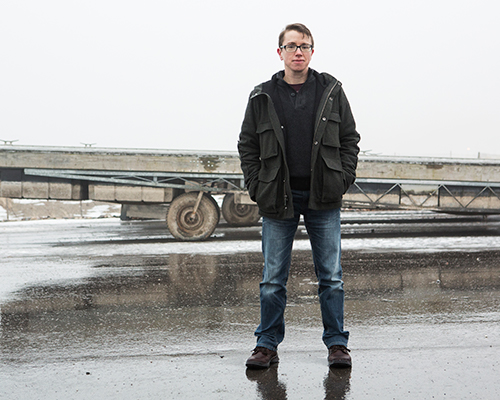



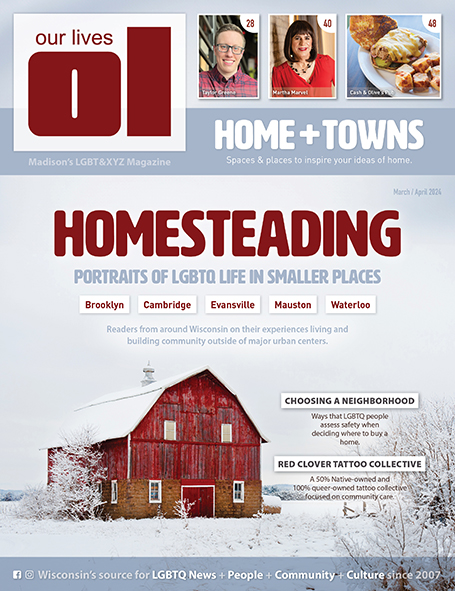
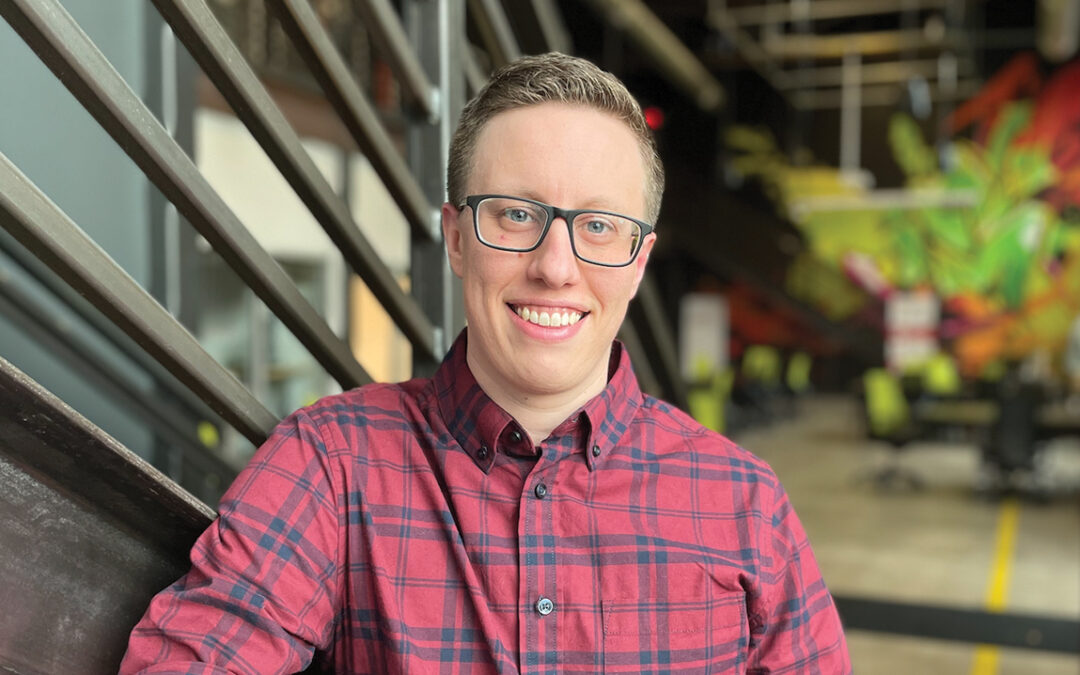
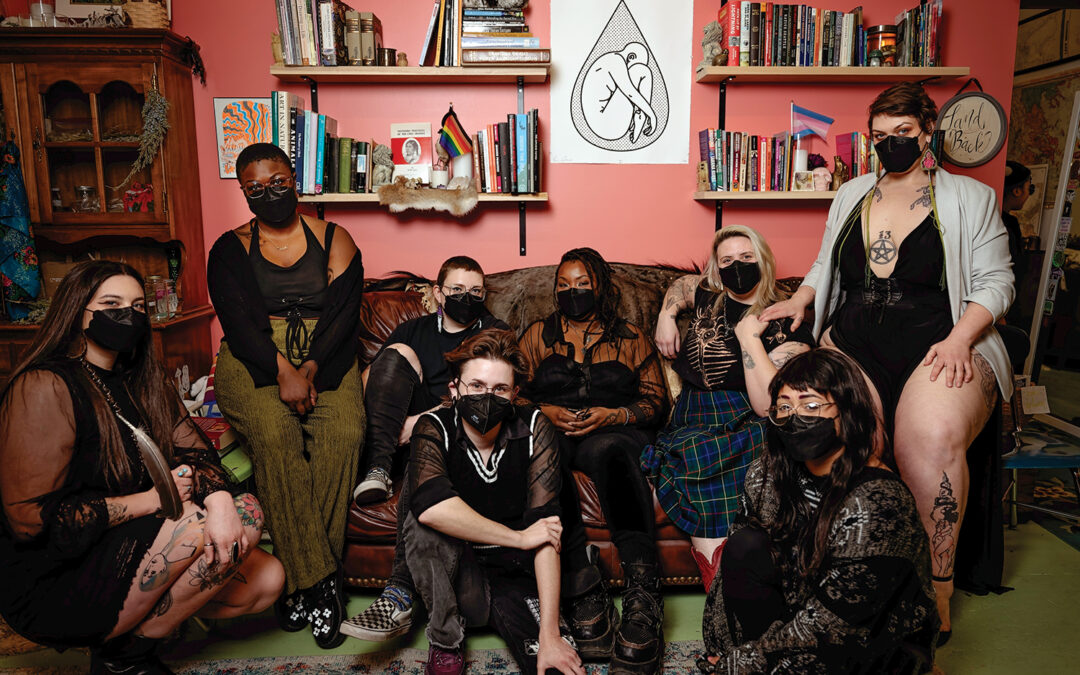
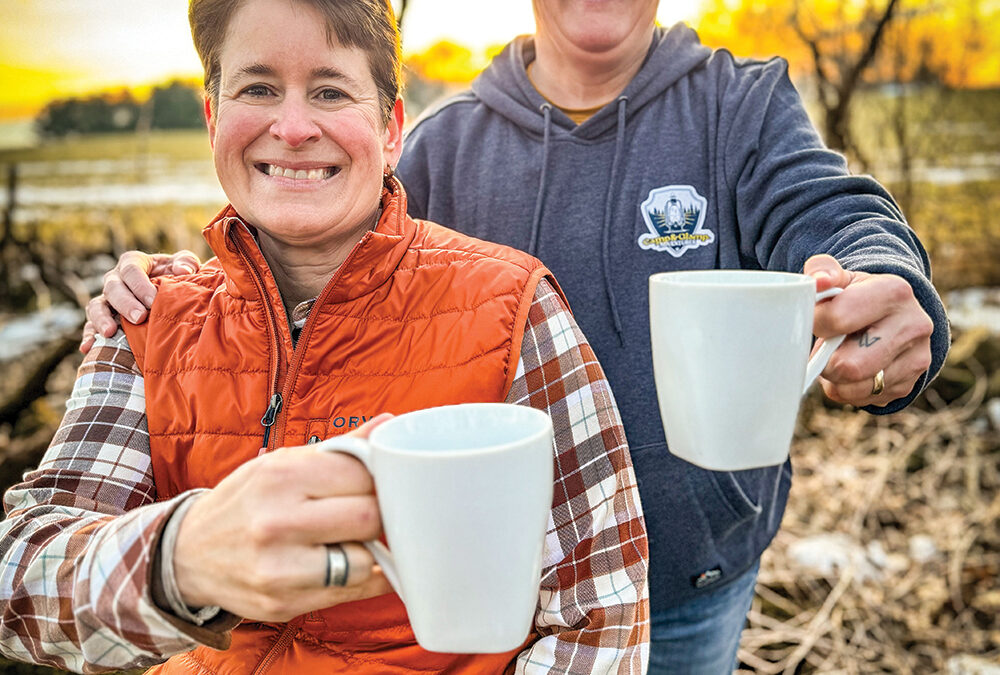
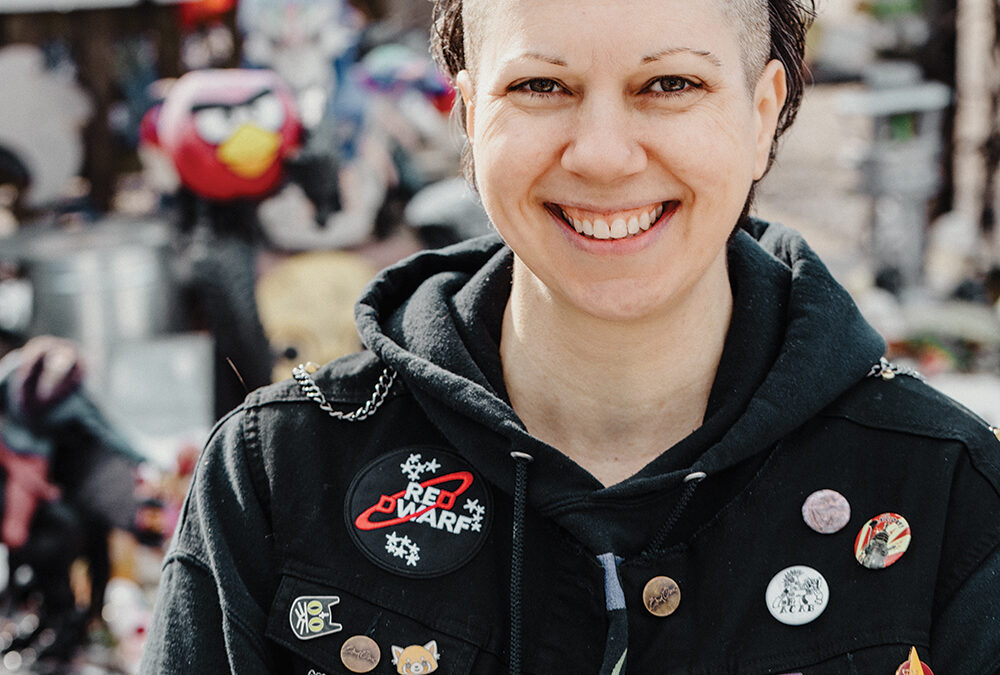
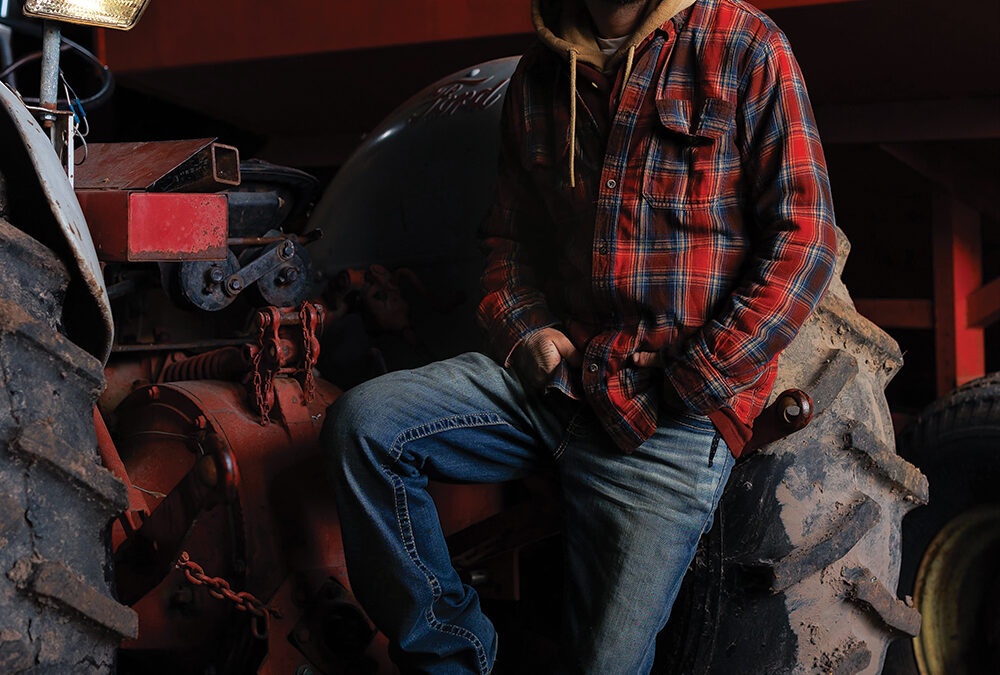
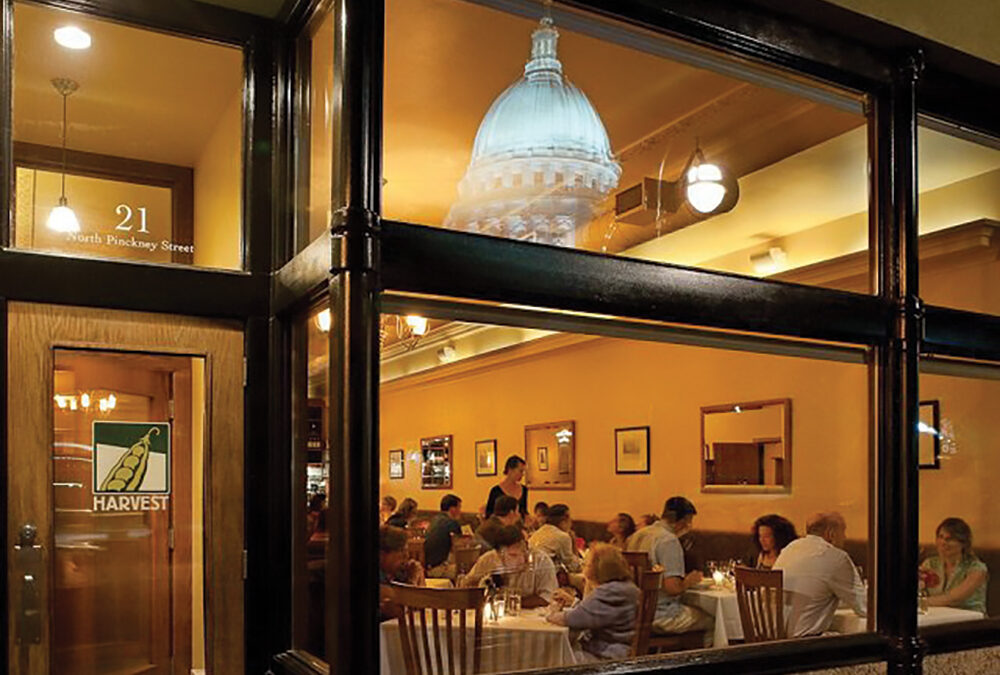
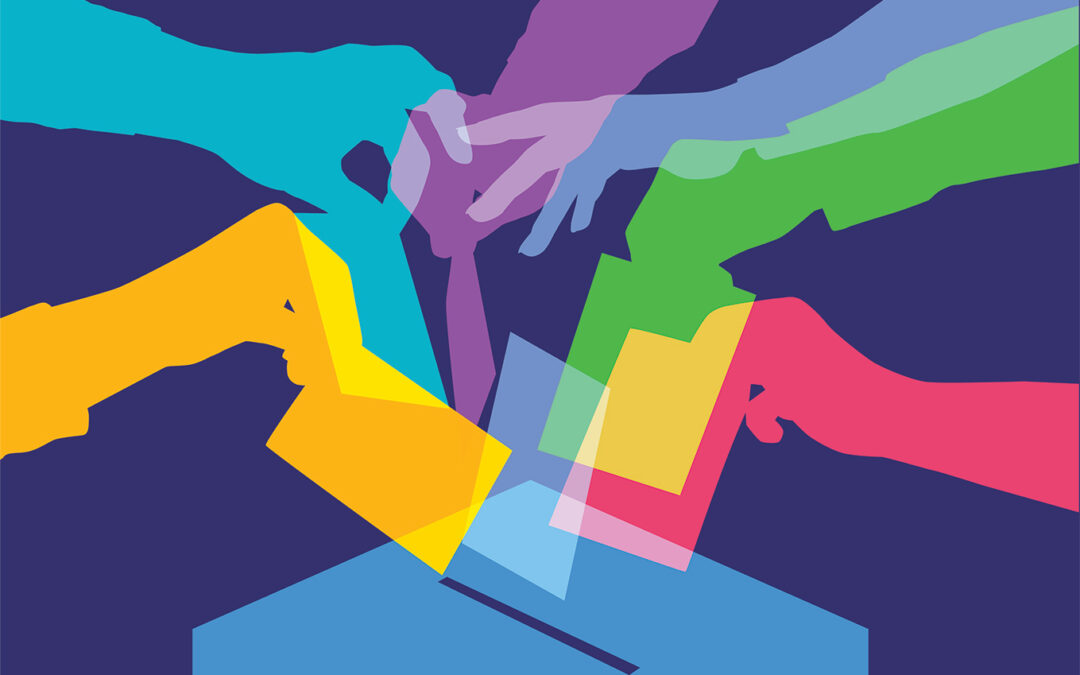
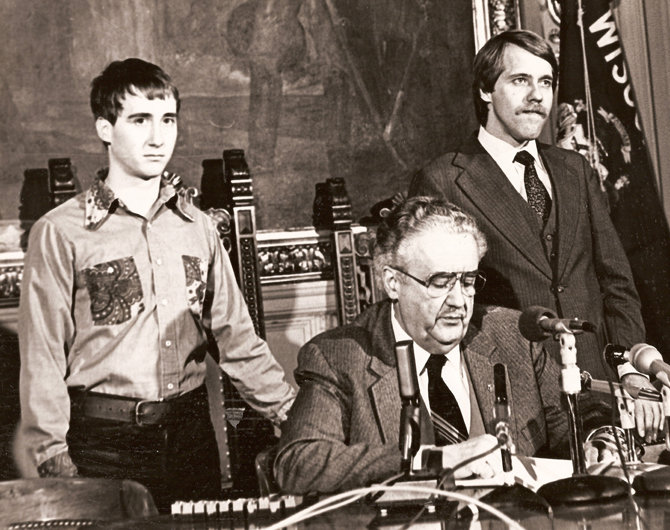










0 Comments